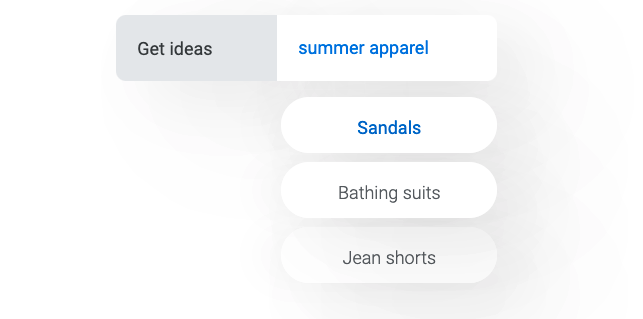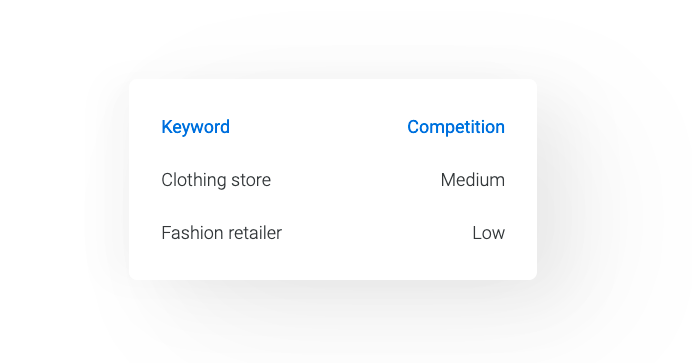
Talk about SEO and one of the first topics likely to come up is keyword research. And with good reason. Small businesses who ignore this won’t make an impact with their digital marketing. Doing effective keyword research is STILL how you get your website to the top of Google’s results pages.
Also, if you’ve done it in the past, remember it’s actually a continuous process as part of Search Engine Optimisation. Keyword research is all about your audience and their preferences and needs may change over time. In addition, when search engines adjust their algorithms, it could influence how effective your keyword usage is. So, for newbies and everyone else, here’s what you need to know about this topic in 2021.
If you’re serious about optimising your website so it will be discovered by online browsers, you need to use relevant keywords in your content. Keyword research tells you how your audience talks about and searches for information relating to your industry.
Keyword research can provide you with single words or short phrases.
With SEO keyword research showing you how people research your niche, it’s often the first step for marketing campaigns. It’s also the foundation of many SEO strategies.
A main focus is to create content that naturally contains these words, so search engines will know your pages are relevant to people’s searches. When you get noticed more, you’ll improve your search engine rankings.
However, the information is valuable for other aspects of advertising campaigns too. For example, using keywords as clues, you can pick blog content topics that are more relevant to your audience’s needs. This increases the chances of engagement with them. The research also helps you understand your audience better and this insight you can use elsewhere, such as email campaigns.
As mentioned, content on your website is one of the most important applications for keywords you discover through research. It’s also vital to use these phrases and words in the right places. Apart from the text on the page—where you should use it as anchor text—also use it in these areas:
Now how do you research these keywords that will be the key to successful marketing?

There are different methods and strategies to find the best keywords for your specific business.
A first step in discovery is a manual process. The goal is simply to create a list, using methods like:
Take note that this shouldn’t be your final list of keywords. You’ll likely need SEO tools to make this list work for you.
You’ll find both free and paid keyword research tools these days. Google has its own free keyword planner. Most of them are user friendly, so you can try them even if you’re new at this.

Type in your industry or one of the words or phrases you already have on your list. Now, these tools will provide you with a long list of keyword ideas. This data can reflect information like:
These research methods will leave you with a long list of keywords and phrases to use. However, don’t try and use all of them. It’s impractical to incorporate everything into your content. Also, you can filter that list to obtain a shorter, more dynamic list that has a better chance of getting good results.
For this process, it helps to understand certain terms:

Your next step in keyword research—and to make sure it benefits your SEO process—is to pick the best keywords, using these strategies:
Based on this data and considerations, pick the keywords that have the most potential of drawing the audience you’re after, without making it too difficult for your pages to rank.
You can see that picking the best keywords from your research requires you to know your industry and your audience.
There’s a lot you can do to optimise your website yourself but understand that this article is only a simplified representation of what keyword research entails. To ensure optimal results in visitor numbers, engagement and bottom line for your business, it’s worth partnering with experts in the field.
Digital Insider offers a comprehensive SEO service and thanks to our knowledge of implementing keywords correctly, our clients see positive results. For some this means new user numbers increasing by as much as 60%. Want this type of benefit for your business? Talk to your dedicated digital marketing agency on 0459 845 633 or request your unique strategy online today.
Melbourne
Level 3, 44 Lakeview Drive,
Scoresby VIC 3179
Gold Coast
26 Leda Drive,
Burleigh Heads QLD 4220
© 2024. Digital Insider. All rights reserved. Privacy Policy | Sitemap.